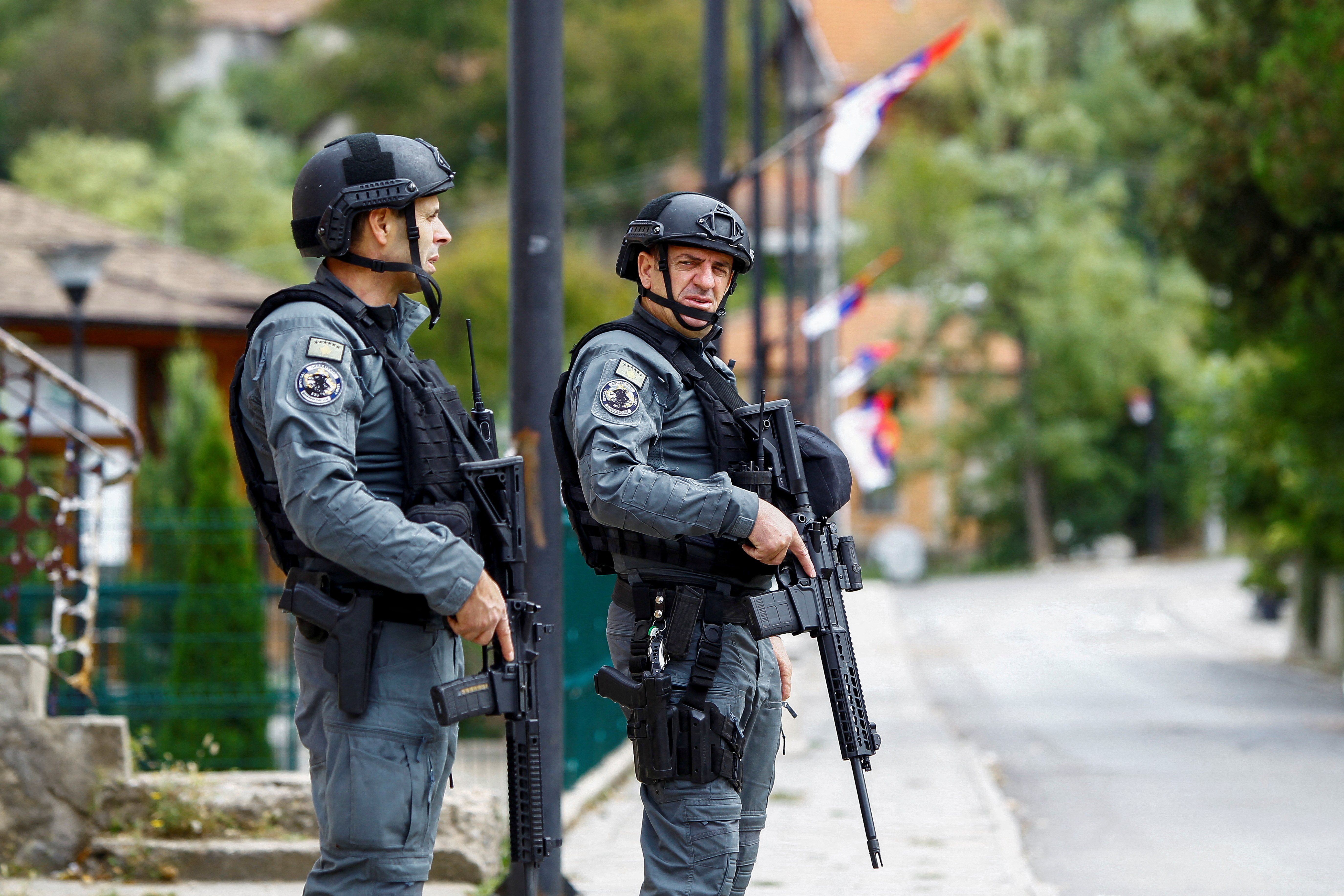45: Kosovo has indicted 45 ethnic Serbs on terrorism charges, stemming from a raid on a historic Serbian monastery in Kosovo last year that left three gunmen and a local police officer dead. The suspects are believed to be in Serbia, which has no extradition agreement with Kosovo. The indictments come as the EU pushes again for progress in normalization talks between the Serbian government and Kosovo, which declared independence from Serbia in 2008. For background on the Serbia/Kosovo conflict, see here.
2,800: Do you want a smartphone that isn’t made by Apple? Does that cellphone need to have a 10-inch folding screen? If so, then for a mere $2,800, you too can have a Huawei Mate XT, the Chinese company’s answer to the iPhone 16, which was unveiled this week. So far, there are reportedly more than 5 million pre-orders for the device.
130: More than 130 Afghan women are attending an All Afghan Women summit in Albania this week, a three-day event convened to advocate for the rights of women and girls in Afghanistan. Since the Taliban retook control of Afghanistan following the US withdrawal in 2021, the group has imposed what the UN has called “outrageous” restrictions on women and girls, who are largely unable to attend school and whose voices and faces have been banned in public.
400: Malaysian law enforcement on Wednesday rescued more than 400 minors suspected of being victims of sexual abuse at Islamic charity homes. The homes were all run by Global Ikhwan Services and Business, a Malaysian conglomerate that operates a range of consumer services in at least half a dozen countries. More than 170 adult authority figures at the charity homes were arrested as part of the operation.
4: The share of Black students in the first year class at Harvard this autumn fell by 4 points, to 14%. This is the first incoming class since the Supreme Court last year ruled, in effect, that colleges could no longer use race as a factor in determining admissions. The percent of Hispanic students rose two points to 16%, while Asian-American representation was unchanged at 37%. The share of students who refused to disclose their race or ethnicity doubled, to 8%.
330K+: Despite saying on Wednesday that Taylor Swift’s post-debate endorsement of Kamala Harris “was just a question of time” and that she’d “probably pay a price for it,” Donald Trump may struggle to shake it off. Why? Because the pop icon’s Tuesday night Instagram post, which lauded Harris as a “warrior” for the rights and causes she believes in, has driven over 330,000 clicks to Vote.org, a site where wannabe first-time voters learn how to register.
